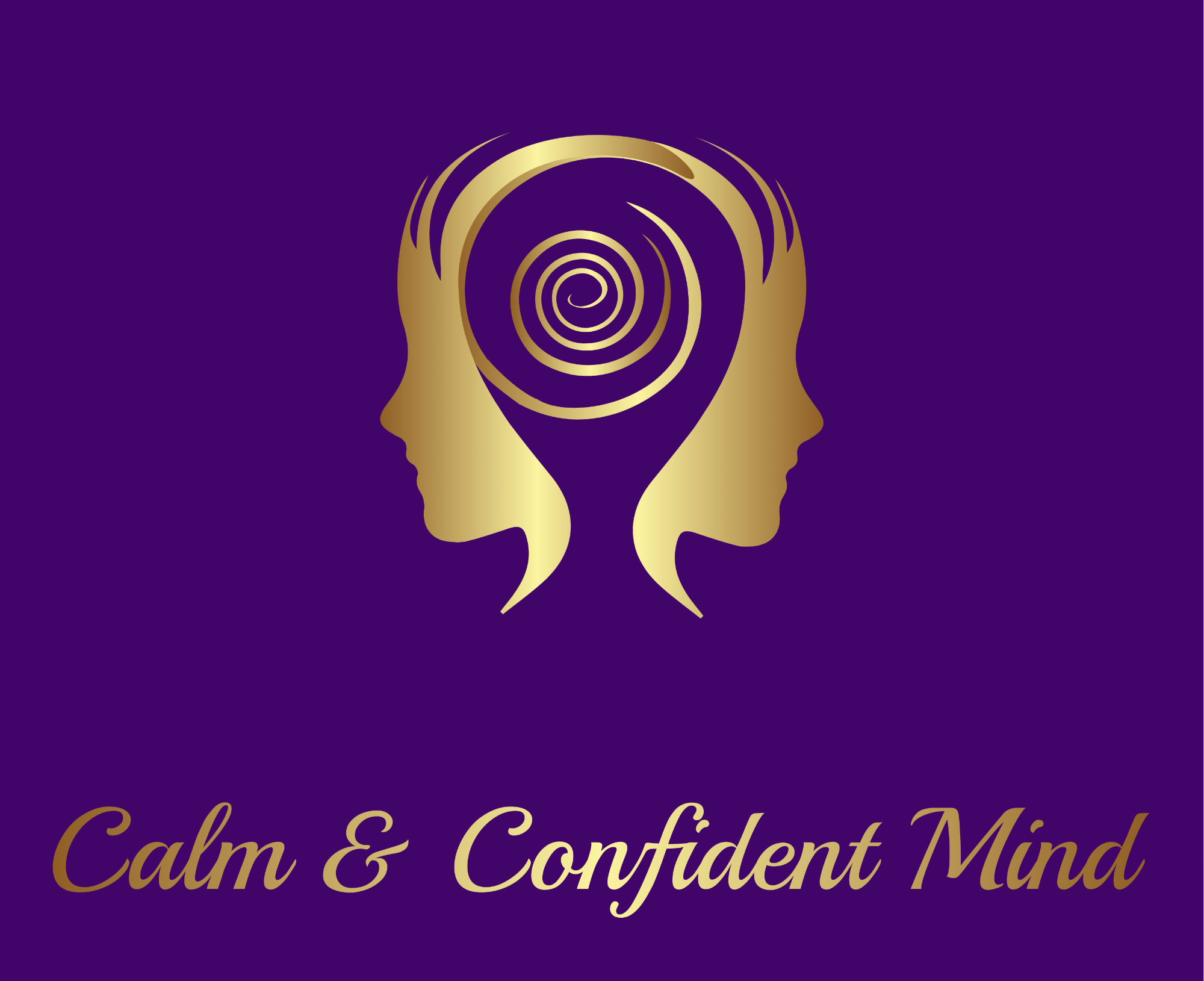Frequently asked RTT™ & Hypnotherapy questions
Why do clients choose rapid transformational therapy™ Hypnotherapy?
Many people choose Rapid Transformational Therapy™ because of the simple science based approach and powerful hypnotherapy tools.
Rapid Transformational Therapy™ may help with a vast range of presenting issues.
It can be self-empowering!

Most frequently asked questions
1. What is Rapid Transformational Therapy™?
Rapid Transformational Therapy™ (RTT™) is a form of hypnotherapy. It combines the most beneficial principles of Hypnotherapy, NLP, CBT and Neuroscience.
RTT™ aims to help to reframe unhelpful beliefs, values, habits and emotions that are deep in the subconscious. By rapidly rewiring the neural pathways of the brain, to reframe out-dated belief systems and negative patterns of behaviour. New life-affirming beliefs can then start to be formed to support the healing process.
2. How does Hypnotherapy work?
Hypnosis is science! Using guided relaxation, intense concentration, and focused attention to achieve a heightened state of awareness that is sometimes called a trance. It works by bypassing your conscious mind and creating a burst of brain waves in the same way as when you have rapid eye movement (REM) during a deep sleep. That allows you to access the subconscious mind. It is relaxed, natural state of trance and your subconscious mind is then receptive to suggestion.
3. How many sessions do I need?
We usually recommend between 1 to 3 sessions, depending on the concern/issue. Please speak to your Therapist for guidance.
4. How long is a rapid transformational therapy session?
Full Rapid Transformational Therapy™ sessions can last up to 2 hours. Please allow for enough time for your session.
5. Is rapid transformational therapy™ & hypnotherapy safe?
Yes, it is something that you should be familiar with, because it is very similar to the trance like state that you may experience whilst watching TV or when on automatic pilot when on your daily commute to and from work.
6. Can I get ‘stuck’ in a trance during hypnosis?
No! You have complete control the whole time. You are aware and can talk, move your body, get a tissue and open your eyes if you so wish. If during a Zoom/Skype session the internet gets disconnected mid-session, you may find that you have drifted into a relaxed meditative like state. But eventually, you will gradually notice that you are no longer hearing a voice talking to you and you will instinctively open your eyes.
7. What is regression?
Hypnosis is one of the best ways to help people access those “buried” memories. Everyone has memories or experiences in their subconscious (unconscious) mind that they may not be able to recall, but still play a significant role in everyday life. Hypnotic regression is the process by which you enter a trance like state and are able to recall memories from deep inside that are not normally easily available to the conscious mind.
8. Will I still need regression if I already believe I know the reasons behind my issue?
Although you may think or believe that you know the reason behind your issues. Very often this is not the case. The Subconscious mind knows everything about you down to the tiniest detail. Your subconscious mind will take instruction and as it already knows the root cause of your issue/s it will instinctively take you back to where you need to go. RTT™ allows you to see things in a completely new way and as an observer of your own past.
9. What if I go back to scenes that are painful or scary?
If your subconscious mind takes you back to a scene from your life related to the things in your past which may cause you pain or feel scary, then it is important to remember that you are not reliving that scene. You are simply observing and reviewing it. Your Therapist will support you. Tell your therapist if you have any concerns of this nature prior to your session. Your therapist will create a safe space for you to express your emotions and that will help you to heal.
book a free 20-minute discovery call

10. what is the difference between rapid transformational therapy™ & other types of Hypnotherapy?
Hypnotherapy has generally been known to be an effective treatment for a wide variety of issues.
Hypnotherapy creates a state of focused attention and increased suggestibility using induction, convincers and deepeners followed by positive suggestions and guided imagery aimed to help individuals deal with a variety of concerns or issues alongside the clients own motivations and desire for change.
Rapid Transformational Therapy™ embraces the positive aspects of hypnothery and in addition includes a number of interventions after the induction/deepeners which aim to quickly get right down to the root cause of the issue using a specific set of techniques. Once the Client understands the cause of their presenting issuing, the understanding of it can help the client to feel empowered and to free themselves from it. RTT™ includes a reframe and transformation aimed at helping overide negative thoughts and behaviours with positive and powerful suggestions to help motivate the client to make positive steps. Listening to the transformational audio recording provided can help further embed suggestions in the subconcious mind.
Do you have questions about Hypnotherapy?
Most Common Hypnotherapy Questions
Here is a helpful video created and narrated by the founder of Calm & Confident Mind and is designed to help to answer the 'most common' questions that our clients have been asking about hypnotherapy and hypnotic regression.
Copyright protected - Calm & Confident Mind 2022 All Rights Reserved.
Please note that the answers to questions provided in this video are based on the narrators own experience. Please be aware that everyones experience of hypnosis is unique and in some circumstances it may be advisable to not have hypnotherapy. If in doubt then please discuss this further with the Hypnotherapist and always consult with your doctor or a medical professional.
book your 20-minute discovery call now
Important Note - The services offered are classed as complementary therapy. Our therapist is not a licensed physician, psychologist, or medical practitioner of any kind and the services offered are not a substitute for a psychiatrist, psychologist, doctor or medical professional or medical treatment of any kind. You will never be asked to reduce change or stop your existing medical prescription. We will never offer specific advice on, diagnosis or treatment for conditions for which medical supervision should be sought, unless that advice, diagnosis or treatment is under the supervision of a suitably qualified medical professional.
